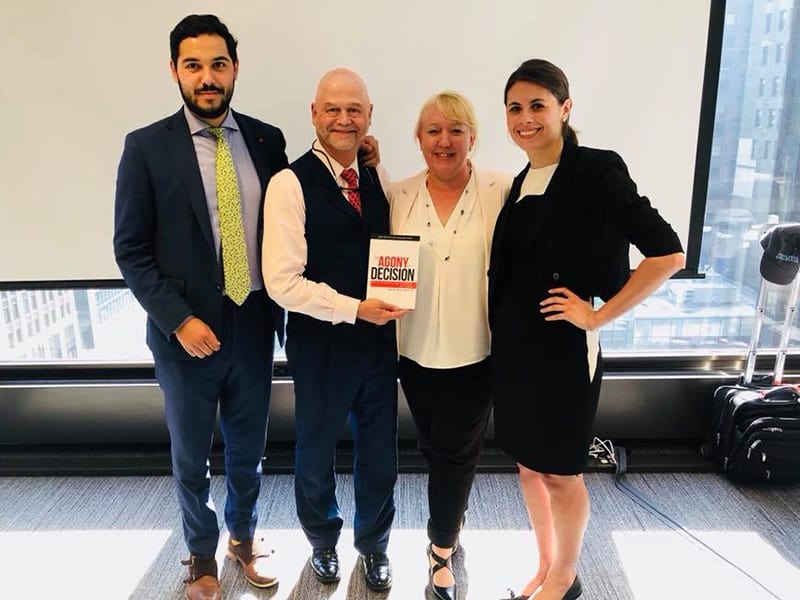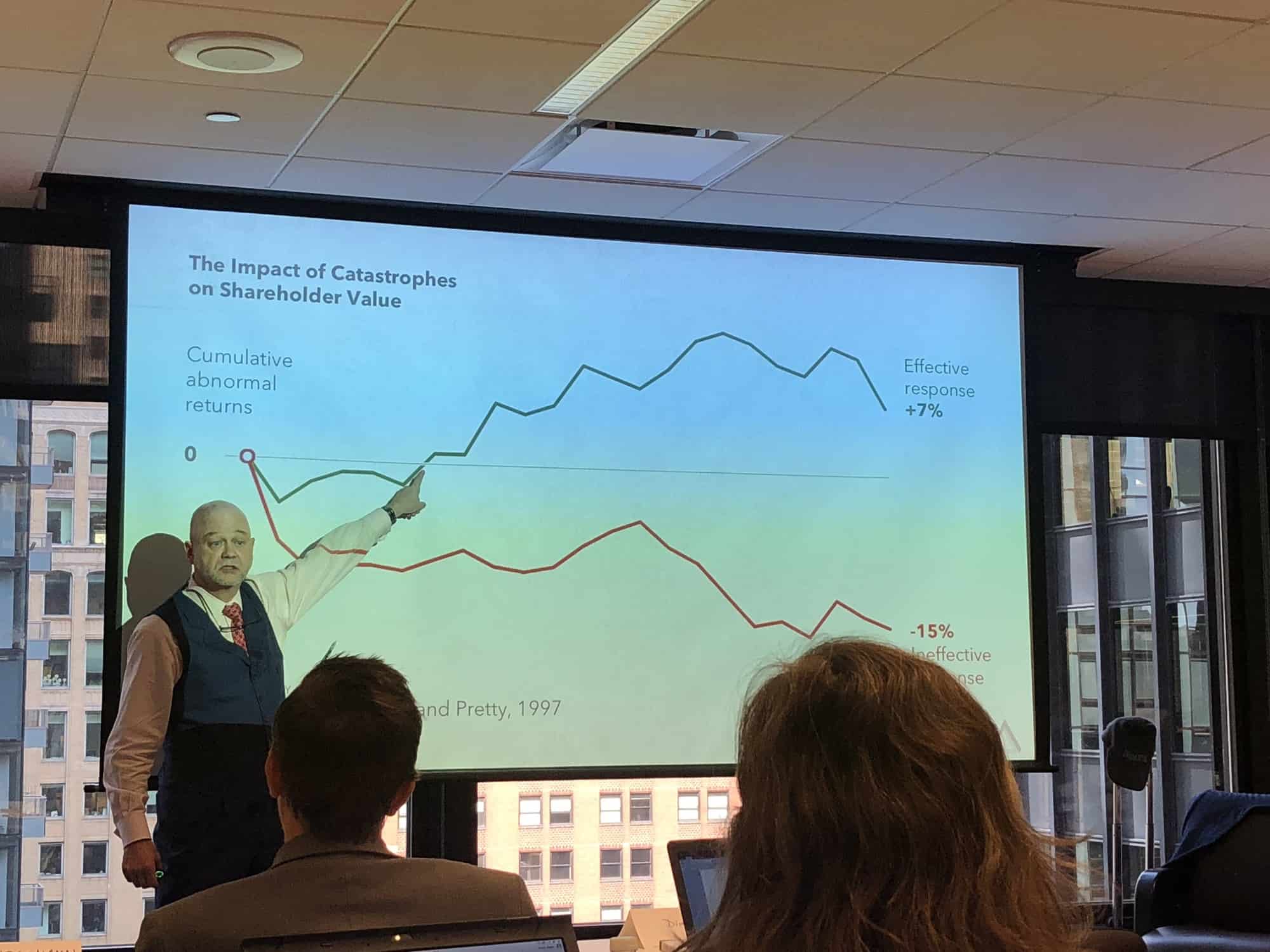Most organizations will face a significant crisis and many are not prepared. Readiness determines success in this arena just as in every other.
Is your organization prepared for a crisis? Do you have a plan? Have statements been written in the event of a crisis? Do you know how to frame your position in the event of a crisis? Has your social media team been made aware of what to do in the event of a crisis? Who will be in charge? Does your organization tend to respond quickly or slowly when there is a potential crisis? When would you normally call in the PR team? What is the worst question you can be asked if there is a crisis?
Last month, I spent a few days attending a Master Class in Chicago earning a certificate in Crisis Communications and Reputation Management through the Public Relations Society of America. I've been providing PR crisis counsel since the mid-90's but so much has changed in the world since then.

I was joined by the directors of PR from universities, major healthcare organizations, financial institutions, corporations and nonprofit organizations.
Can you guess what their greatest fears are? Are they your greatest fears?
More than half the class mentioned an active shooter on their campus. Others mentioned security breaches, sexual harassment, social media firestorms and ethics violations. We live in a world where news travels very quickly. Organizations that are prepared, retain and can even gain stock value, earn trust and prosper in multiple ways.

It's interesting to me how much overlap there is between what companies need to do to make relationships right again and what is best in our personal relationships. It may seem like common sense that caring would be the first move but most people (and organizations) want to self protect before proceeding. The digital age creates an expectation and urgency that isn't very forgiving though. Better to have a plan and move forward fast.
Here's a quick lesson on framing:
Ineffective framing happens when people are rushed. The research shows that the first window of time after a crisis happens is only 45 minutes. Having a statement prepared in advance as a guideline can help tremendously. A statement should include the following:
- Acknowledgment
- Empathy
- Values
- Approach
- Commitment
For a deeper dive, recent crisis PR cases to study include Starbucks, This is Us Crockpot response and United Airlines.
Remember that crisis, in the Greek sense of the word, means decision or choice, especially at a turning point. You always have a choice about how to respond. Being prepared in advance will help you in the moment. Every crisis is a business problem before it's a legal problem or a PR problem. Calling the PR people in to answer the question "What should we say?" is not a great place to begin. Begin with the end in mind, many months in advance, and with a plan and you may avoid the crisis altogether.
To learn more, please contact us at The Creative Company.


